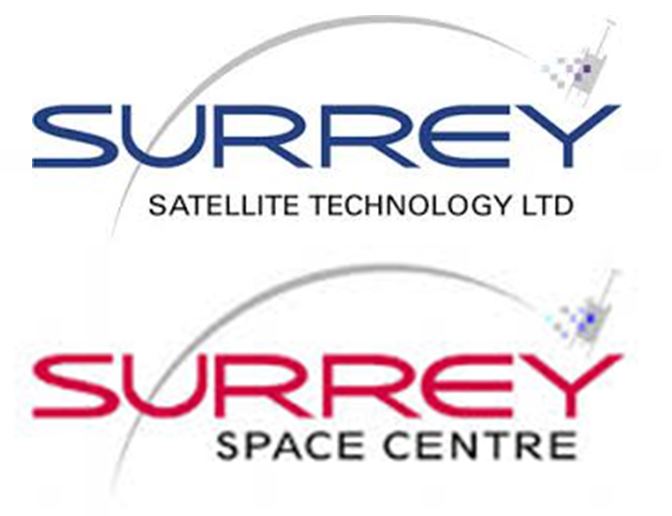Final Workshop Programme
The final programme of the workshop in pdf format is available for download here: GVW-II-Programme.pdf.
Keynote Speakers
|
Richard Crowther - UKSA Richard is the chief engineer of the UK Space Agency and an alumnus of the University of Southampton. In 2013 he was appointed by the United Nations to its 15-member Group of Governmental Experts (GGEs) to define Transparency and Confidence Building Measures for Outer Space Security working out of the UN in New York and Geneva, and reporting to the General Assembly. He is Head of the UK Delegation to the UN Committee on Peaceful Uses of Outer Space (COPUOS), and its Legal and Scientific and Technical Subcommittees. Until recently he was also Head, UK Delegation to ESA International Relations Committee, and he continues to act as Head, UK Delegation to the Inter-Agency Debris Coordination Committee (IADC). In April 2015, he became Chair of the IADC for 12 months, representing the IADC and its 13 member agencies. |
 |
|
Detlef Koschny - ESA 'ESA's activities in the field of NEOs' Detlef Koschny is co-manager of the near-Earth object segment in ESA's Space Situational Awareness programme. He has been involved in the topics of asteroids since 2007. He has been representing ESA in the Action Team 14, which prepared the UN view on the topic of NEOs. He is one of the official delegates of ESA in the Un-sanctioned Space Mission Planning Advisory Group and he is a member of the steering group of the Interational Asteroid Warning Network. His background is planetary science, in particular small bodies in the solar system. He has been performing experimental work on impacts in the laboratory and worked on the Rosetta mission. In particular he has been involved in the development and data exploitation of the scientific camera on Rosetta, OSIRIS. He was the Study Scientist for the asteroid sample return mission studies Marco Polo and MarcoPolo-R; currently he spends some of his time as Study Scientist for a Phobos Sample Return mission. He is also performing scientific work in the field of meteors and meteoroids and provided the Descent Camera to the ExoMars 2016 mission.
|
 |
|
Steven Chesley - NASA A representative of NASA’s Near Earth Object Program Office at JPL will present on the NASA NEO Program and its perspective on NEO search, warning and deflection.
|
 |
|
Emanuele Monchieri - Airbus DS 'A Review of Space Debris Related Activities at Airbus' Airbus DS has current activities addressing space debris. Their technical approach will be presented.
|
 |
|
Brian Weeden - Secure World Foundation
|
|
|
Jason Forshaw - Surrey Space Centre/SSTL 'An Overview of Debris Removal Research Activities at Surrey: Surrey Space Centre (SSC) and Surrey Satellite Technology Limited (SSTL)' Since the beginning of the space era, a huge amount of debris has progressively been generated. Most of the objects launched into space are still orbiting the Earth and today these objects represent a threat both in space and on Earth. The presence of space debris incurs risk of collision and damage to operational satellites. A credible solution has emerged over the recent years: actively removing heavy debris objects by capturing them and then disposing of them by destructive re-entry in the Earth’s atmosphere. Furthermore, the development of satellite afterlife disposal methods ensure future missions do not contribute to the growing space debris environment. This keynote presentation provides an overview of the active debris removal (ADR) and space debris mitigation activities at Surrey. The Surrey Space Centre (SSC), University of Surrey is focusing on 4 in-orbit missions: the EC FP7 RemoveDEBRIS, EC FP7 DeOrbitSail, Airbus funded CubeSail and QB50’s InflateSail. The RemoveDEBRIS mission, due for launch in Q4 2016 to Q1 2017, aims to demonstrate key technologies for ADR by performing in-orbit demonstrations representative of an ADR mission (net and harpoon capture and vision-based navigation). The activities at Surrey Satellite Technology Limited (SSTL) are also discussed. SSTL is a partner on RemoveDEBRIS, and has had key involvement in ESA’s Service Orientated ADR (SOADR) and ESA’s e.Deorbit Phase A, both part of the ESA Clean Space initiative.
|
 |

